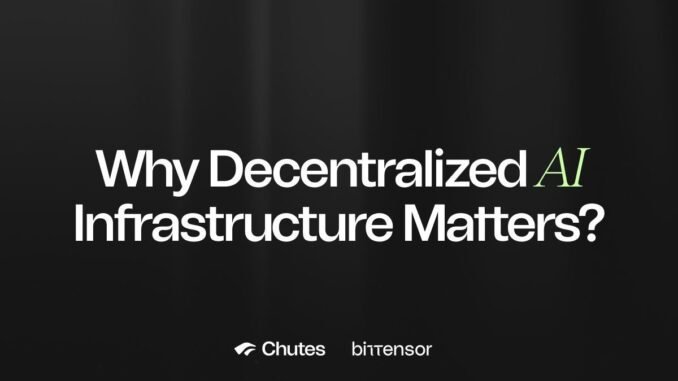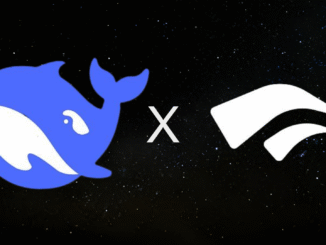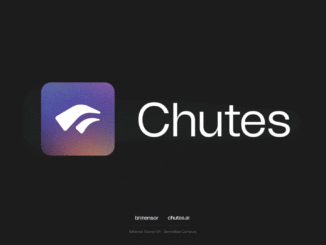
On November 18, 2025, a major Cloudflare outage reminded everyone how fragile centralized infrastructure can be. A traffic surge took down key services, including X and ChatGPT. Developers scrambled. Businesses stalled. Millions of users were locked out. One failure triggered problems across the internet.
In the middle of the chaos, Chutes published a timely post titled “Why Decentralized AI Infrastructure Matters.” It highlighted exactly what the outage proved. Centralized systems create single points of failure. Distributed systems do not.
Below is a closer look at the three points Chutes emphasized.
1) No Single Point of Failure
The Cloudflare event showed how quickly centralized traffic can collapse. One congested backbone and global services fall silent. Chutes prevents this by distributing compute across Bittensor’s Subnet 64. Workloads move automatically to healthy nodes, which keeps services running even when individual miners or regions fail. This structure provides consistent uptime and natural fault resistance.

2) No Vendor Lock-In
When centralized providers go down, teams often cannot move without rewriting large parts of their stack. Chutes makes migration simple. Its endpoints work with existing OpenAI formats, so developers can shift workloads without reworking code. This keeps projects flexible and prevents outages from becoming full system resets. Portability becomes the default.
3) Cost Efficiency
Centralized vendors charge premiums for reliability that can disappear in moments like the Cloudflare outage. Chutes uses a competitive market where miners bid for workloads. Pricing often drops to a fraction of traditional costs. There are no locked contracts and no hidden markups. You pay only for compute used, and competition keeps prices low.
What Chutes Offers Developers Today
Chutes is not a future idea. It already runs on Bittensor and powers production workloads. It provides a serverless flow where developers upload a model, set parameters, and deploy instantly.
Key strengths include:
- Instant Deployment. OpenAI-compatible endpoints mean quick integration through regular HTTP calls.
- Global Redundancy. Miners in different regions keep latency stable and limit failure impact.
- Scalable Compute. Bittensor rewards high-performing miners, which grows available GPU power over time.
- Strong Ecosystem. Useful for chat tools, agents, and generative applications that need flexible infrastructure.
In a year defined by outages and reliability concerns, Chutes offers a practical alternative. The message from its recent post is clear. Decentralization is not a trend. It is a safeguard.
Cover image credit: Chutes.




Be the first to comment